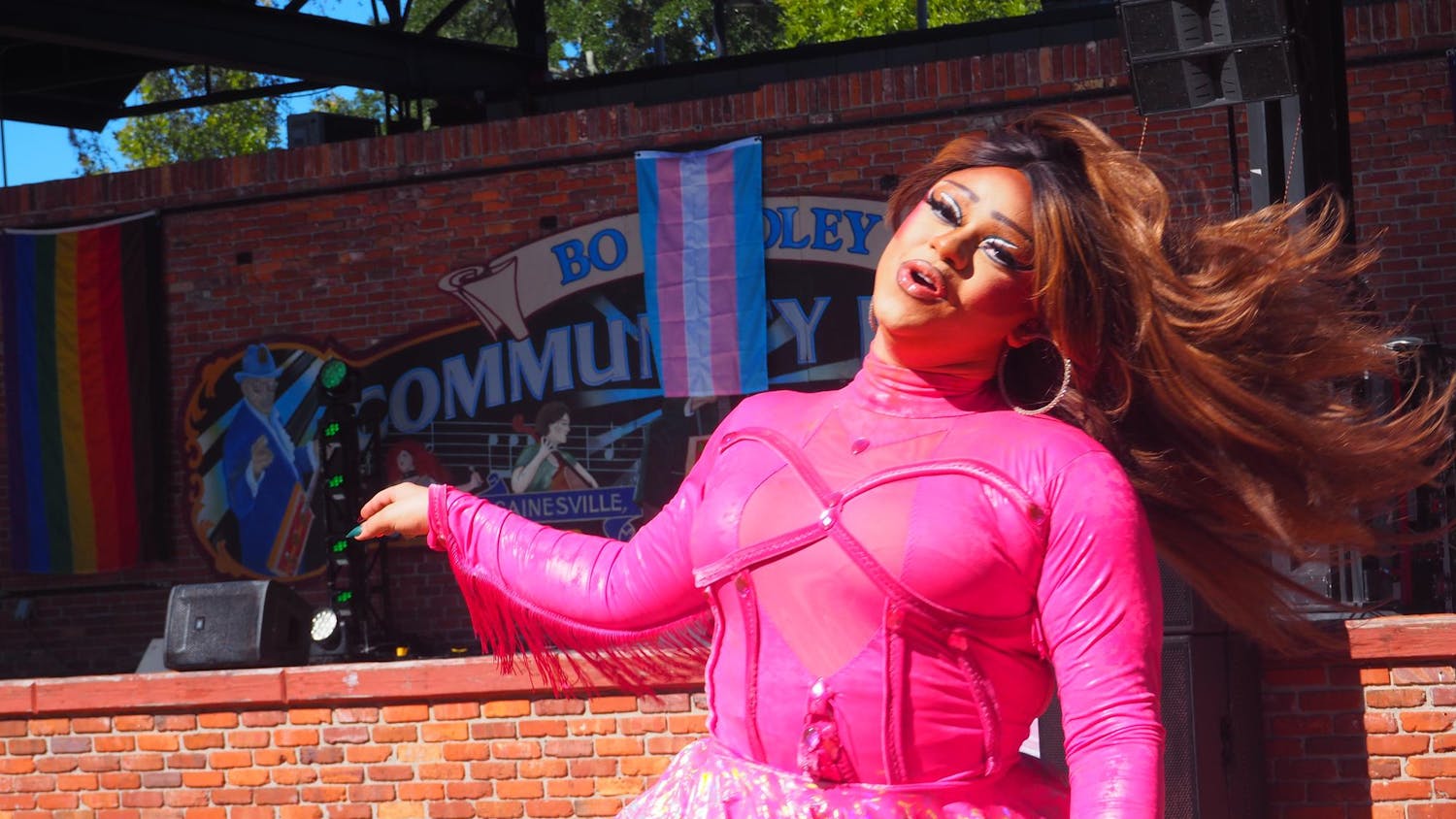It’s almost too hard to believe that a few years ago, many of the freedoms gained by the LGBTQ+ community would be illegal or even considered insane.
Until the ’70s, being homosexual was considered a mental illness, transgender women couldn’t play in the U.S. Open tennis championships and two men couldn’t even dance in the streets of New York City. The U.S. has made a lot of progress relating to the rights of LGBTQ+ people, but it’s also important to look at issues that might be hurting the community, especially when they relate to feeling included.
According to a study complied by Her, a dating app for lesbian and bisexual women, 31 percent of bisexual and lesbian women do not feel comfortable or welcome at Pride events. More than 40 percent of the participants did not plan on going to a Pride festival in 2018, and more than a third had not been to one at all.
The division within the LGBTQ+ community is a controversial subject, and some organizations even try to push people further apart. Take Lesbian Rights Alliance, for example. The organization has been accused of being transphobic for insisting that transgender women are tricking lesbians into having sex with them. Other organizations such as Women’s Liberation Front say the increased amount of people identifying as transgender is an “epidemic” and aim to reduce the rights that trangender individuals have struggled for. We wonder what they would have said to transgender activist Marsha Johnson during the Stonewall Riots.
Looking back at the progress, it hurts to see such views within the LGBTQ+ community, but it’s important to address them in order to solve the true issue. It’s also important to remember that this is a minority within the community. The majority of the community doesn’t feel this way, and maybe we can learn from each other to fix it. There’s a reason we call it a community after all.
Pride is for the people, not the festivities. Yes, it’s a celebration, but it’s the people that make it great. When we asked students what motivates them to keep going to Pride, they each said the same thing: the sense of community they feel. People at Pride will pick you up when you’re down and lend you a shoulder to lean on.
If you’re interested, there are different ways to participate in LGBTQ+ affairs, like getting involved with UF Multicultural and Diversity Affairs and Pride Student Union. Also, going to a Pride festival is hands down one of the best ways to have fun while supporting social change. We encourage you to go to the Gainesville Pride Parade and Festival, hosted by the Pride Community Center of North Central Florida, this Saturday.
Continue to uphold the standard that makes Pride so great: loving people for who they are. The first Pride festival was created to support people who needed help, so it only makes sense we continue the tradition.
The Editorial Board consists of Zora Viel, Opinions Editor; Amanda Rosa, Editor-in Chief; Kelly Hayes, Digital Managing Editor; and Tranelle Maner, Engagement Managing Editor.
Employees from a local business supporting LGBTQ rights march during the city's annual Gay Pride parade on Sunday, Oct. 13, 2019, in Atlanta. (AP Photo/Robin Rayne)






